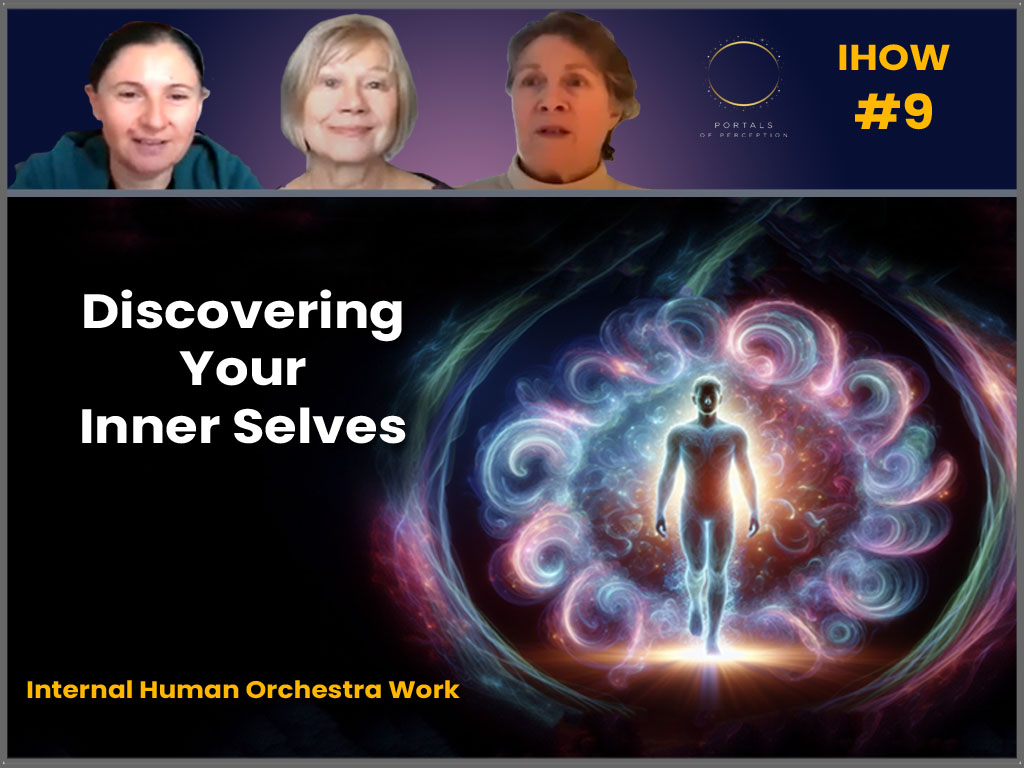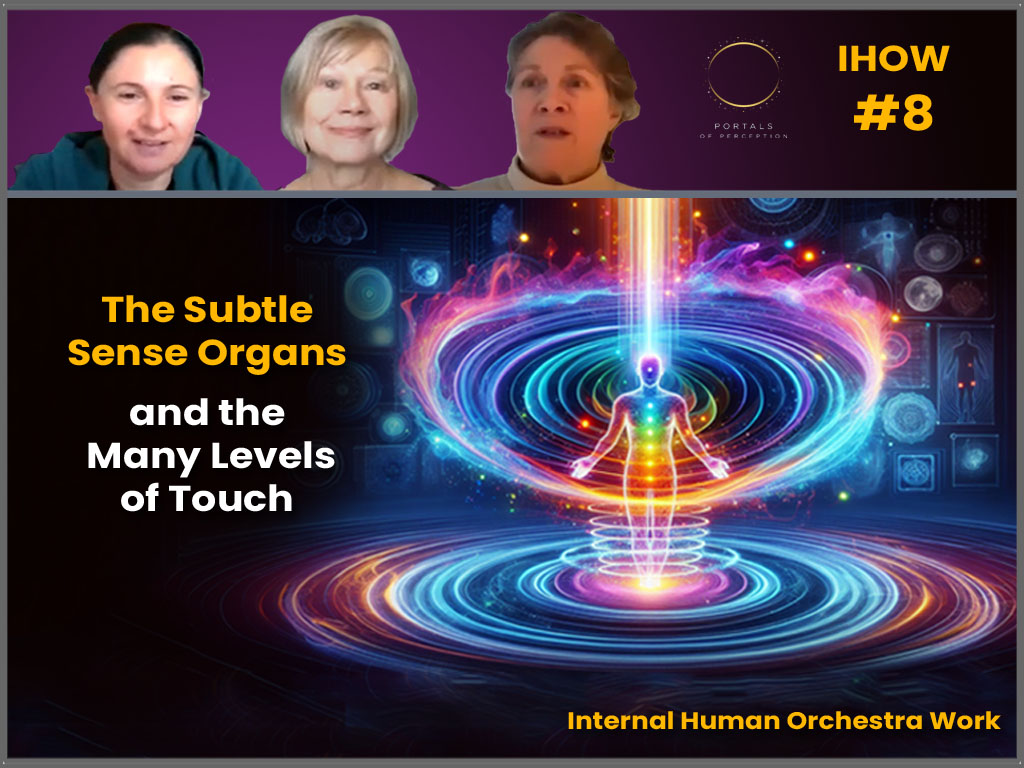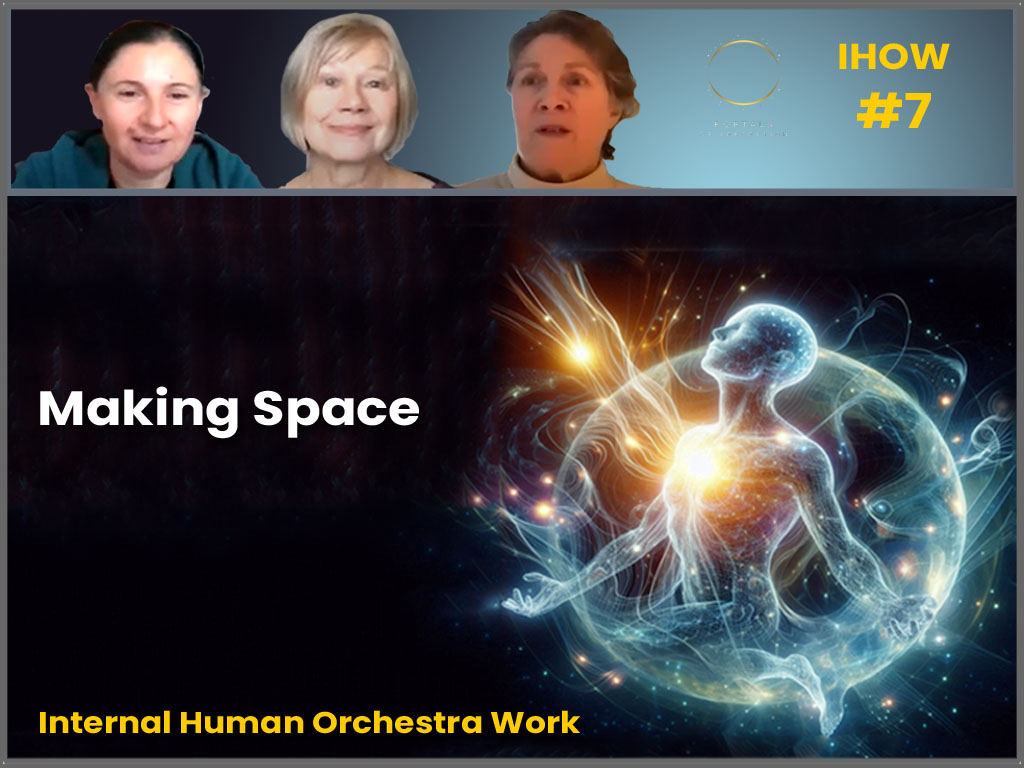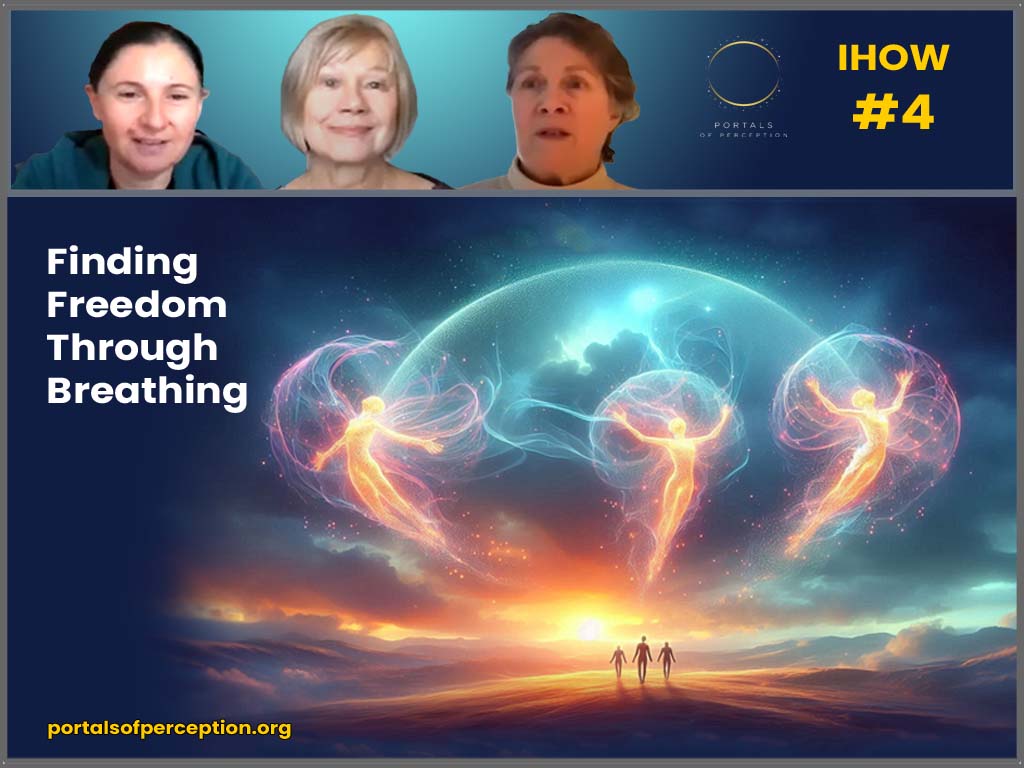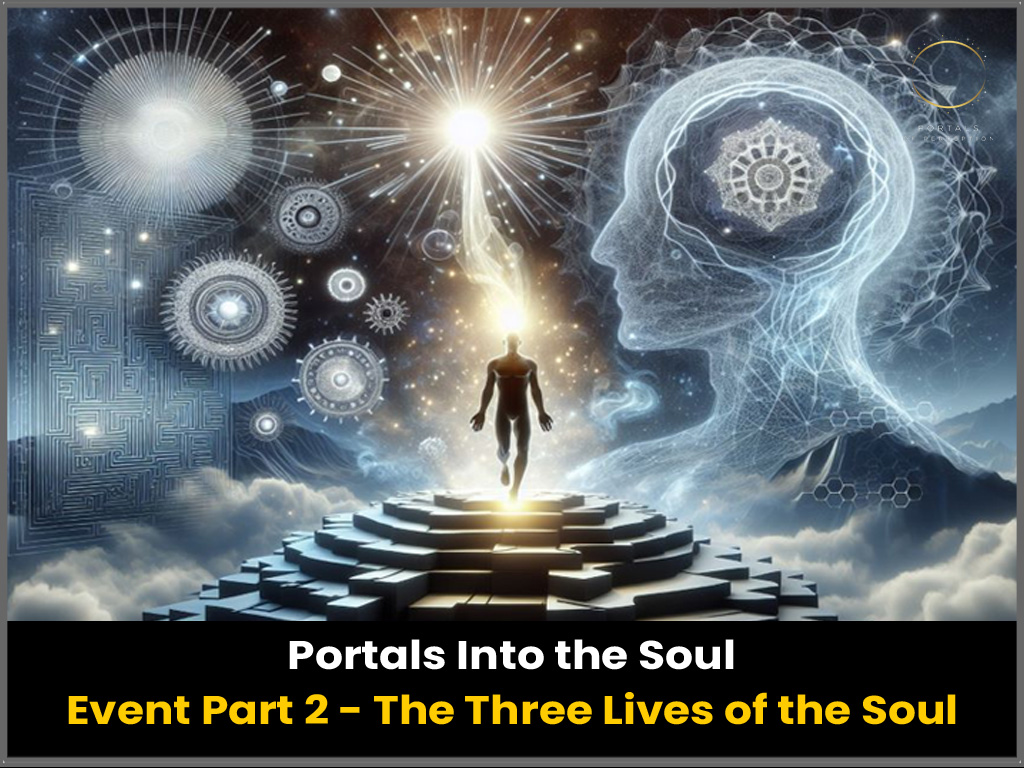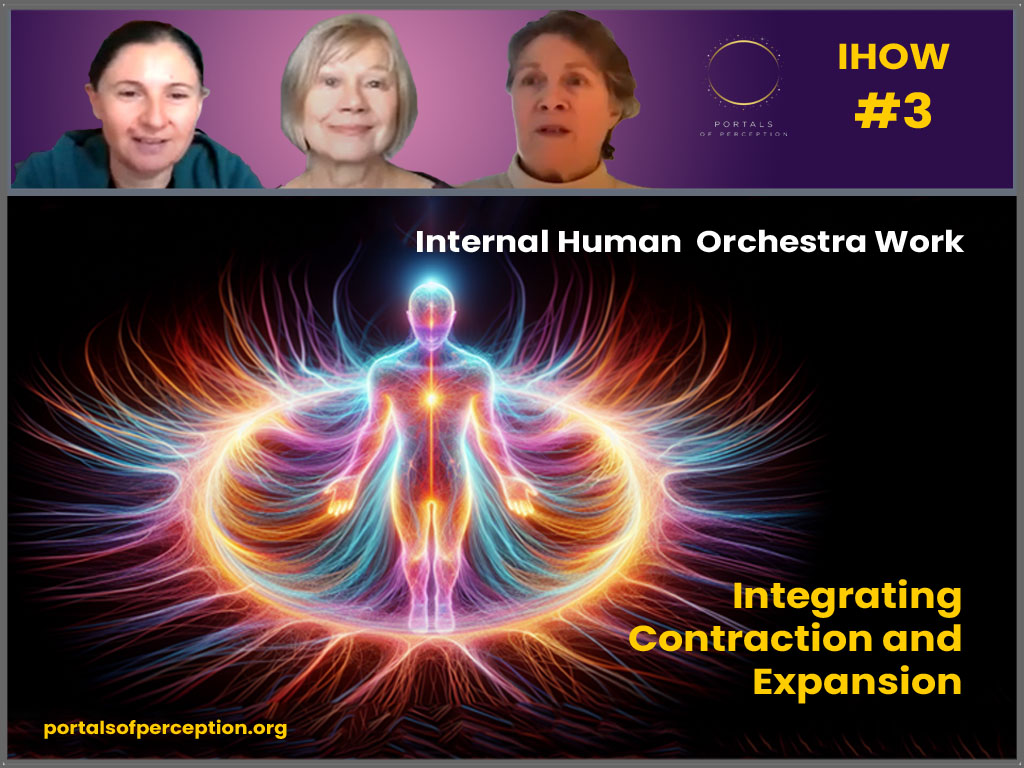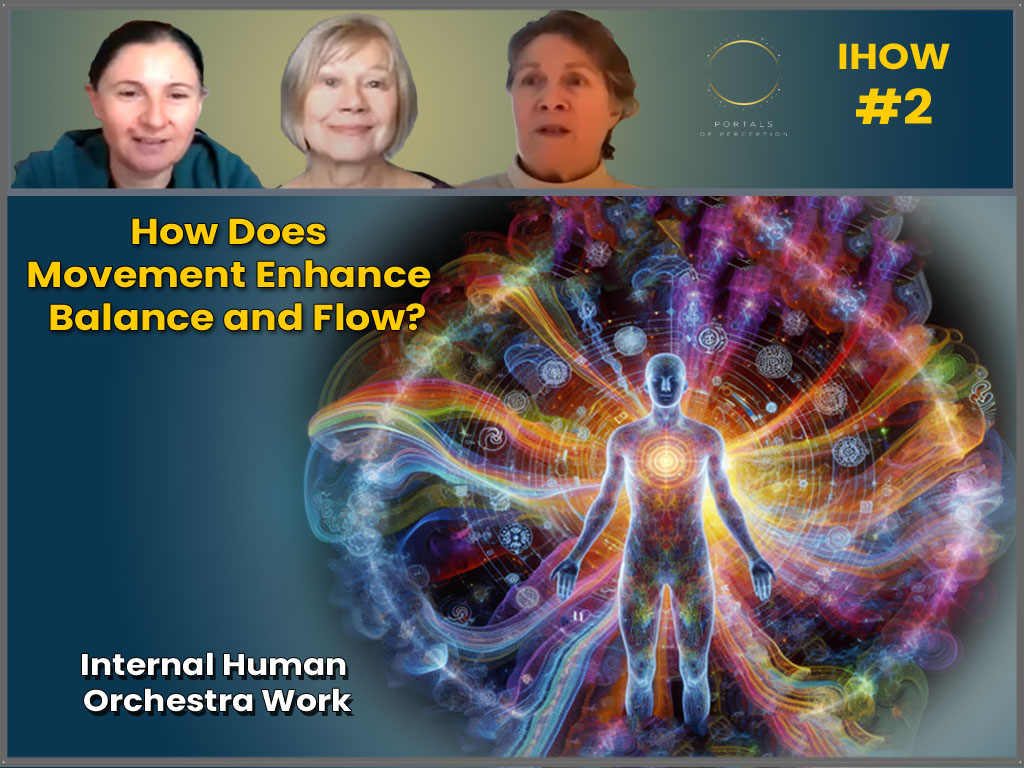
We paused on this idea of how the brain likes to complete things. So your brain sees, my brain sees, two data points and we complete the picture. That old example of somebody driving like crazy, and you say he's a jerk, but you don't know that he's urgently driving a friend to the emergency room. And it's not that he's cutting traffic, he's trying to save somebody. But we didn't see, we didn't have, that data point.
And we paused again, on this reason, the evolutionary, the biological reason as to why the brain was wired with imperative that caused it to develop shortcuts, abbreviations, approximations, all in the idea of conserving energy. Because the problem for the sapient arising was that this brain that we developed needed to consume a lot of energy.
So it needed to develop its own algorithms that would provide it with shortcuts. Because of that, we bring to so much of our life the technology of shortcuts, thanks God. When it's otherwise, you'd never come out of your house because every simple act would require so much. And there would be nothing that was relegated to the automatic part of your system.
But when it comes to the developmental, and the spiritual, and the contemplative, and the inquiry life of your possibility, you want to be able to stay with open-ended questions, open ended inquiries. So you need to work against that brain reflex.



